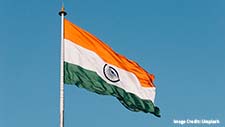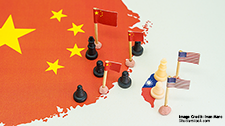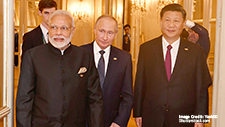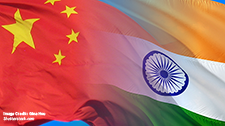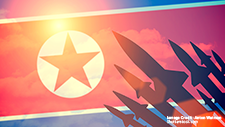No, the War in Ukraine Is not about NATO

Svante E. Cornell
Introduction:
Russia’s invasion of Ukraine has led to widespread condemnation and an unparalleled outpouring of support for Ukraine. At the same time, a motley crew, including some academics and former U.S. officials, has essentially blamed the war on the West, and in particular NATO enlargement. The argument is basically that Russia would not have become so aggressive if Western powers had been more accommodating. This line of thinking, however, is simply incorrect.
That’s because Russia rediscovered its imperial vocation before NATO enlargement, and the war in Ukraine is, in fact, about Putin’s great power ambitions.
Russian leaders have emphatically argued that NATO countries, led by the United States, violated assurances made to Moscow at the end of the Cold War that the alliance would not expand to the east. This claim, however, has been debunked as a myth. Even the last Soviet leader, Mikhail Gorbachev, has denied that the issue of NATO enlargement was even discussed at the time. Russian President Vladimir Putin himself did not have much to say about NATO enlargement until his infamous speech at the 2007 Munich Security Conference.
Related Publications
-
India and the Kindleberger Trap: Multipolarity Amid the Taiwan Crisis
Introduction: In September 2019, India’s External Affairs Minister S. Jaishankar in his statement at an Alliance for Multilateralism meeting unambiguously stated that “the Kindleberger Trap on the shortage of global goods is far more […]
-
China: Can It Control Japan’s Taiwan Policy?
Introduction: China’s reaction to US Speaker of the House Nancy Pelosi’s visit to Taiwan was resolute. The military exercises with live-fire drill were a nearly Pavlovian reaction suggesting they were long pre-planned. […]
-
The Russia-India-China Trilateral After Ukraine: Will Beijing Take the Lead?
Introduction: At the Shanghai Cooperation Organization (SCO) foreign ministers’ meeting in late July, which included China, India, Kazakhstan, Kyrgyzstan, Pakistan, Russia, Tajikistan, and Uzbekistan, People’s Republic of China (PRC) State […]
-
Will India and China Escape the Thucydides’ Trap?
Introduction: About 10 days after the U.S. House of Representatives’ Speaker Nancy Pelosi’s visit to Taiwan, India finally broke its studied silence over both the trip and China’s consequent unprecedented […]
-
With New Law on Nuclear Forces Policy, North Korea Says Its Nuclear Status Is ‘Irreversible’
Introduction: A day before the 74th anniversary of the country’s founding, North Korea’s supreme leader Kim Jong Un publicly declared that his nuclear weapons are no longer a bargaining chip […]
